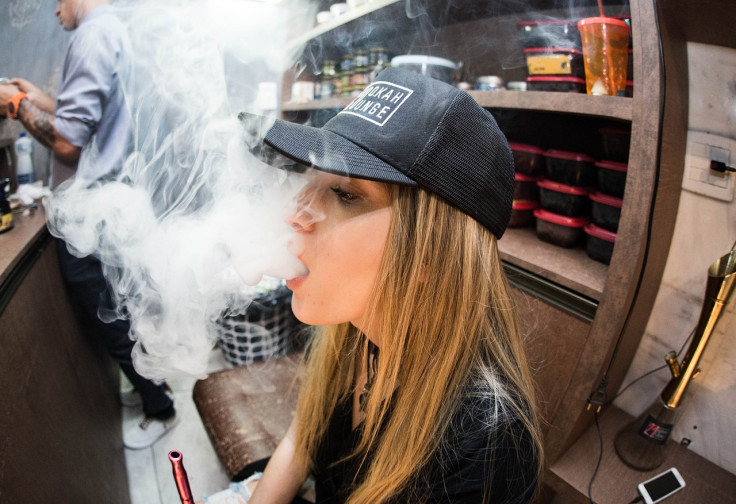More children vape but many parents do not have a clue, new study reveals
Parents or guardians are less likely to determine or suspect that their children are into vaping as compared to when their children are smoking cigarettes.
When children smoke, parents would often detect this due to the lingering smell of tobacco in one's breath, even in clothing. However, when kids turn to vape instead of smoking, new research revealed that this leaves parents without any clue as to their kids' activities.
A study published in the journal Pediatrics titled, "Parental Awareness of Youth Tobacco Use and the Role of Household Tobacco Rules in Use Prevention," revealed that parents or guardians are less likely to determine or suspect that their children are into vaping as compared to when their children are smoking cigarettes.
The researchers used data on 23,000 U.S. youth aged 12 to 17 from the Population Assessment of Tobacco and Health Study, particularly between 2013 to 2018. The researchers studied the participants and noted that about 70 percent of the parents and guardians of children who smoke cigarettes suspect that their kids are into the habit. For children who use e-cigarettes, however, only 40 percent of their parents suspect what they do.
Dr Benjamin Chaffee, the senior author of the study and an associate professor at the School of Dentistry of the University of California San Francisco (UCSF), said in a CNN report that when parents would think about tobacco, they will picture smoking cigarettes. However, parents would not normally think about other nicotine and tobacco products. He said that e-cigarettes do not produce a lasting odor.
Chaffee said that any tobacco used by children is a cause of concern. He also said that products with nicotine always carry a risk of addiction. Exposure to nicotine among adolescents can be concerning since the brains are still developing. This is why early detection of tobacco use among teens is very important.
The study noted that not all parents quickly become aware of their kids' habits. Parents with lower education levels were quicker and more likely to suspect if their child uses nicotine or tobacco products. Between a father and a mother, it is the latter who is more aware.
The study also indicated that household rules in relation to tobacco use also plays an important role in children's propensity to smoke. Those kids who live in homes where there are strict rules when it comes to using tobacco were 20 to 26 percent less likely to start using tobacco products.
Chafee recommends that parents must be a role model. What they can do is not to use tobacco as well.
© Copyright IBTimes 2025. All rights reserved.






















